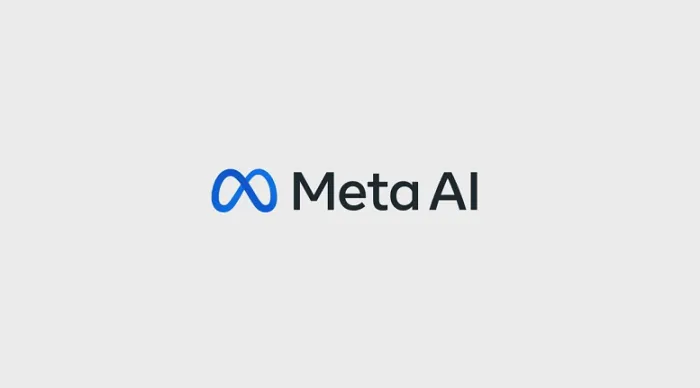Meta’s Increasing Dependence on AI for Risk Assessment and Content Moderation Raises Key Concerns
Expansion of AI in Meta’s Internal Processes
Meta is significantly boosting its use of AI-powered systems across various operations, including coding, ad targeting, and especially risk assessments for Facebook and Instagram. Reports indicate that up to 90% of risk assessments—covering privacy, user safety, and content integrity—will soon be automated.
Shift in Content Moderation Approach
Meta recently changed its enforcement strategy for “less severe” policy violations by:
- Deactivating automated systems that make too many mistakes to improve accuracy
- Reducing content demotions and requiring higher confidence before taking down posts
This refinement has cut rule enforcement mistakes by 50%, but it also led to a 12% decrease in automated detection of bullying and harassment, allowing more harmful content to remain visible.
Challenges and Risks of AI-Driven Policy Enforcement
While AI offers scalability, relying heavily on automated systems for complex policy decisions presents risks, including:
- Potential for increased exposure to harmful or misleading content
- Reduced human oversight on nuanced cases, despite Meta’s claim that only “low-risk” decisions are automated
- Significant implications for user experience and safety on a massive scale
Future Outlook for AI Integration at Meta
CEO Mark Zuckerberg has revealed plans for AI to write most of Meta’s code within 12 to 18 months, demonstrating confidence in AI’s logical processing abilities. However, the expansion of AI into sensitive areas like content moderation and policy enforcement remains a complex and uncertain frontier.
Source: Social Media Today – Latest News by Andrew Hutchinson. Read original.
